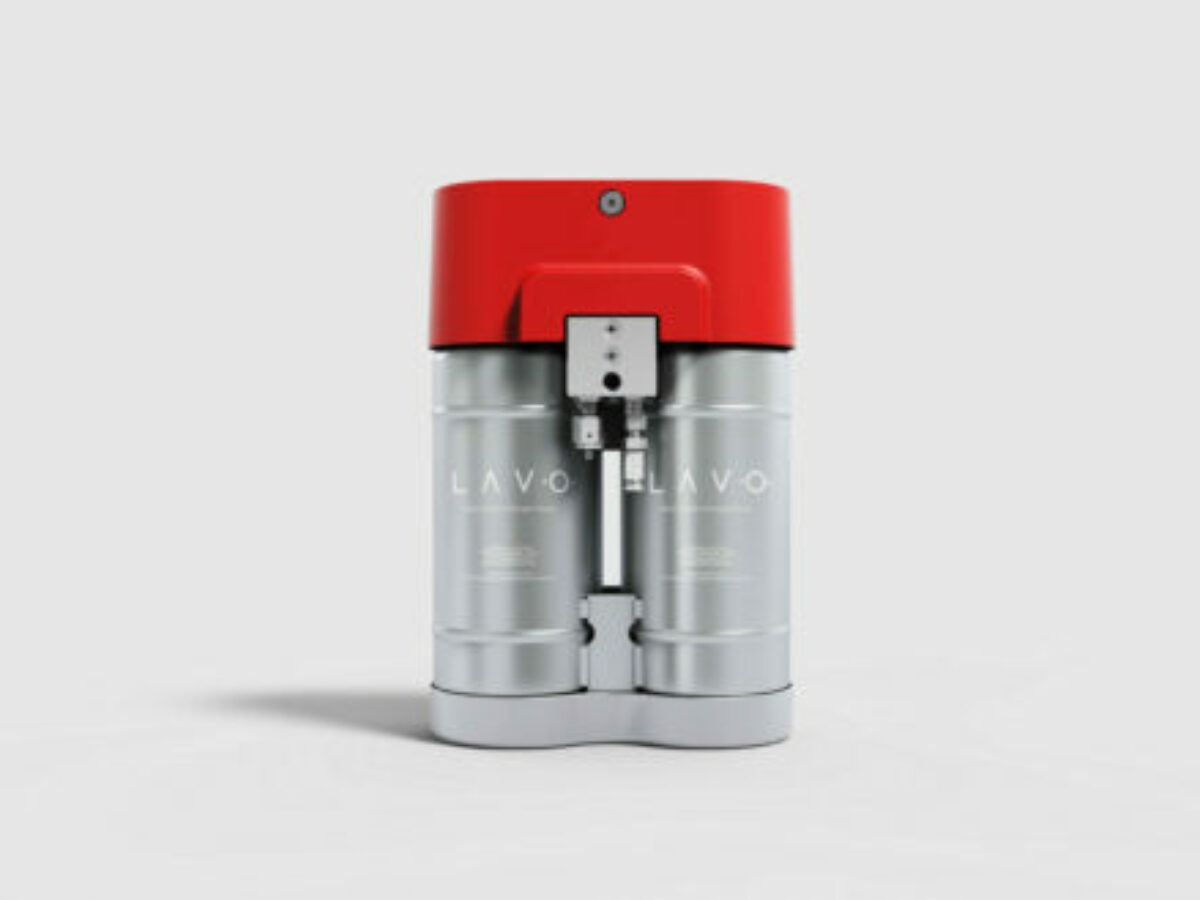AM part quality, phase change materials, hydrogen storage tanks among early career fellowship projects

Fifty projects have been funded through a new round of the Australian Research Council’s Early Career Industry Fellowships, announced on Friday, with nine of them classified by ANZSIC code as manufacturing.
By successful applications, engineering led the research field category with 20; followed by agricultural, veterinary and food sciences (six); chemical sciences (four) and environmental sciences (four.)
Among projects were the below:
- Mahyar Khorasani from RMIT was awarded $438,572 to work with Ford Australia on a digital twin-based way to map automotive part quality for multi-jet fusion additive manufacturing. It aims to develop “a novel tool for quality assessment in mass customisation and production.”
- Dr Karolina Matuszek from Monash University was awarded $430,000 for a project with Boron Molecular, focussing on new phase change materials for renewable energy use. It aims to develop these PCMs “and their scaled-up, sustainable production processes to advance the technology of thermal energy storage.”
- Dr Yuting Zhuo from the University of NSW is targeting an industrial problem for hydrogen business Lavo, which was founded based on metal hydride technology developed at that university. Zhuo was awarded funding of $440,926. According to a project description, the project aims “to tackle the bottlenecks of the current metal hydride hydrogen storage tank… Through advanced numerical modelling and machine learning methods, the metal hydride hydrogen storage tank will be optimised by redesigning advanced heat management systems and optimised hydride materials, enabling it to store and deliver hydrogen in a more controllable way with high performance.”
(A full list of projects can be accessed here.)
According to a statement from the ARC, the fellowships scheme will “help build innovation in the research and industry sectors and facilitate the adoption, translation and commercialisation of Australian research” while providing new and emerging researchers with an opportunity to work alongside professors and address industry problems.
“Breaking down barriers will help industry understand the importance of research and development in growing their business,” said ARC CEO Judi Zielke on Friday.
“Creating opportunities for this type of collaboration is important for Australia’s prosperity.”
A breakdown shows that 359 applications were received, with an overall success rate of 13.9 per cent.
Picture: one of Lavo's hydrogen storage modules (credit Lavo)
Topics Manufacturing News
@aumanufacturing Sections
Analysis and Commentary Awards casino reviews Defence Gambling Manufacturing News Online Casino Podcast Technology Videos





